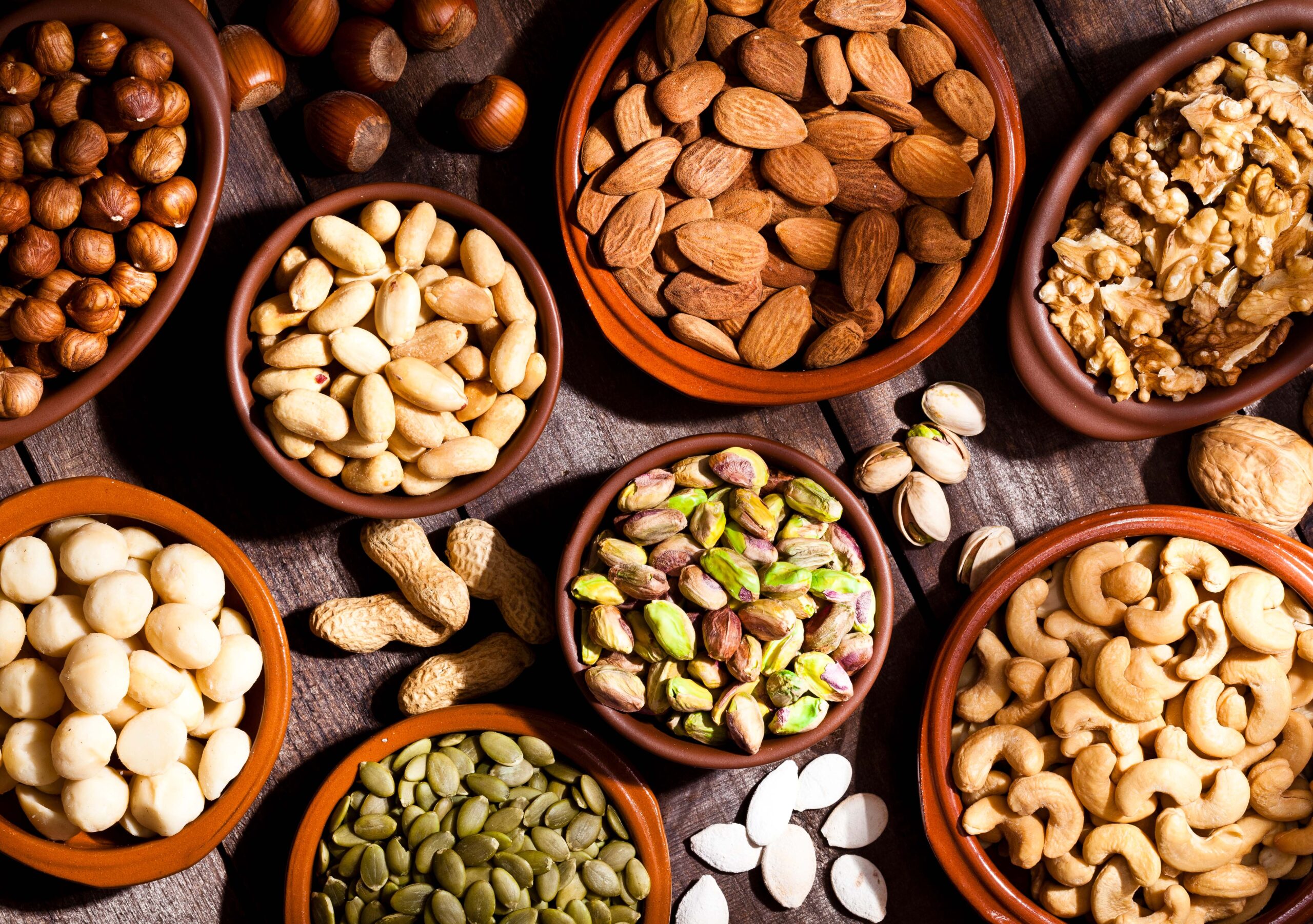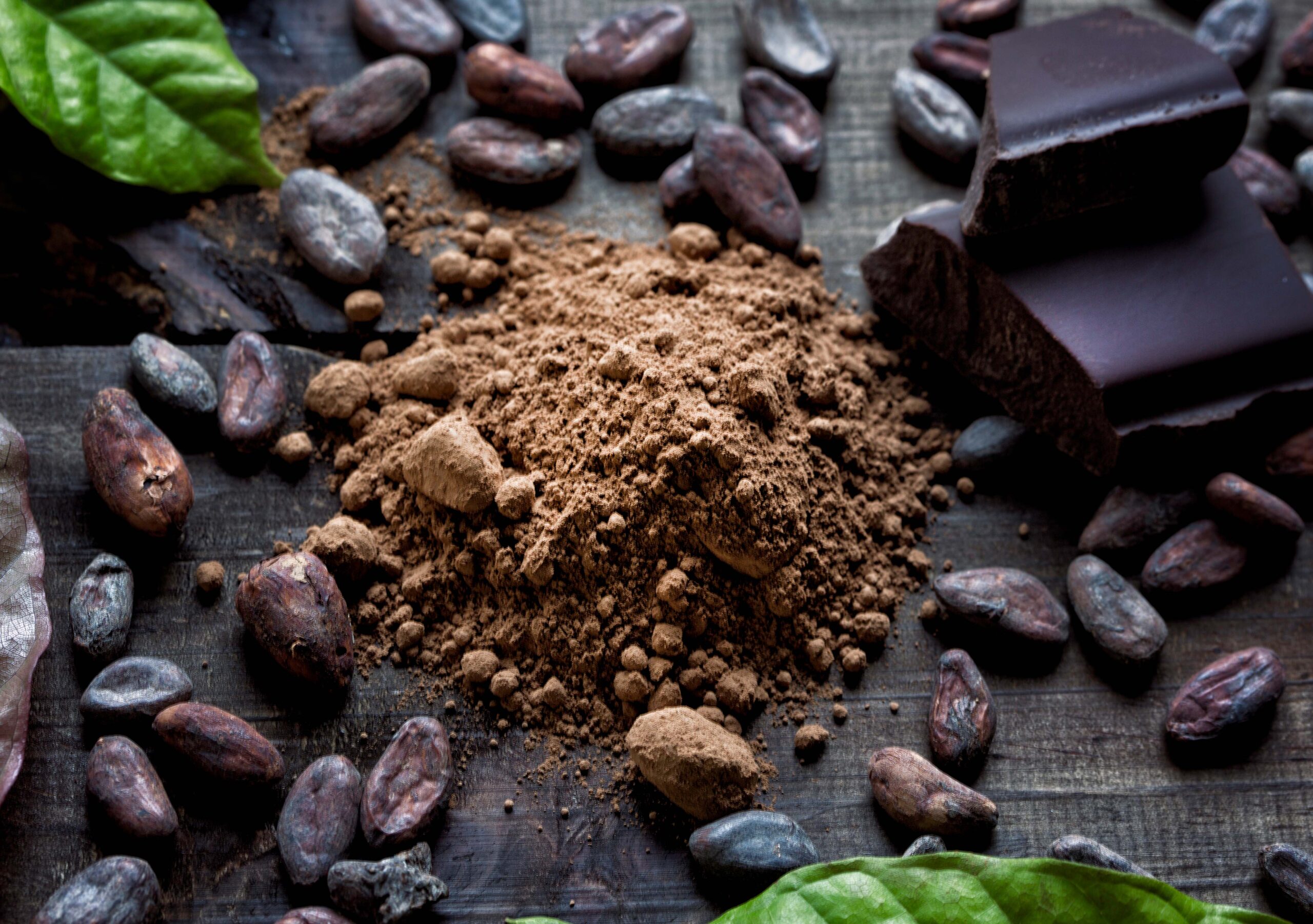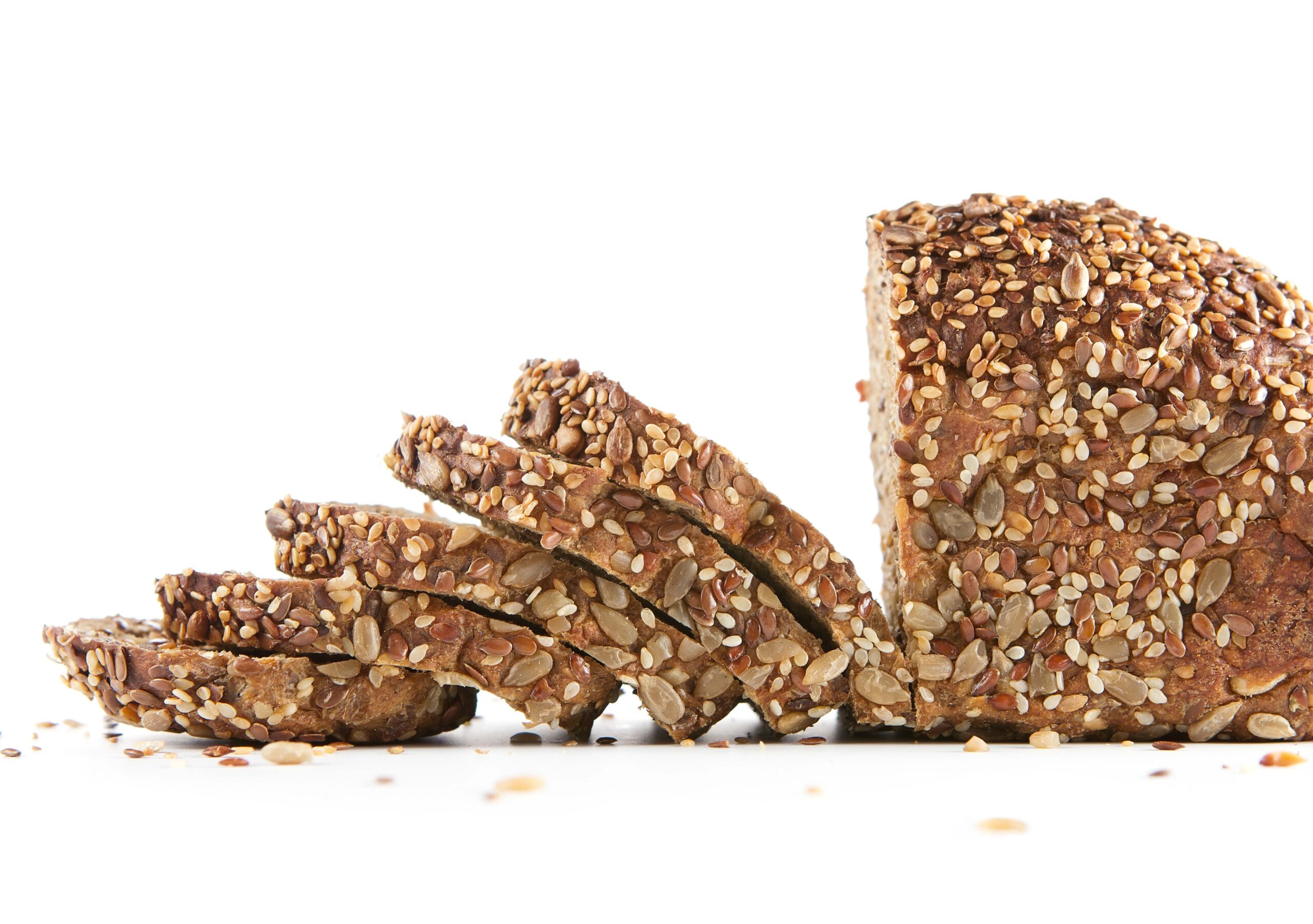The Mediterranean Way
Research shows that a Mediterranean-style diet rich in fish, whole grains, green leafy vegetables, olives, and nuts helps maintain brain health and may reduce the risk of Alzheimer’s disease. Cook and eat fresh food, savor the taste, enjoy dining with family and friends. A Mediterranean regimen is more than just a diet. It’s a lifestyle, a way of living well.
- How the Mediterranean Diet May Preserve Your Brain Power
- MIND Diet Offers Food for Thought
- Does the MIND Diet Boost Your Memory?
Limit Red Meat
Eating foods high in saturated fats, like red meat, butter and dairy products, are associated with the development of degenerative diseases, including heart disease and Alzheimer’s disease.
Don’t Forget Fish
Fish is a great source of omega-3, the type of fatty acid your body can’t produce, and it’s good for your brain. At least twice a week, eat five ounces of omega-3-rich fish, such as salmon, cod, haddock, tuna or halibut.
Fish isn’t your thing?
Try walnuts, flaxseeds or soybeans instead.
Spinach, kale, broccoli and other leafy green vegetables are rich in many brain-loving nutrients. Blueberries, raspberries and blackberries are packed with antioxidants; they can potentially slow aging in the brain and elsewhere.
Eat some every day.
Dark chocolate contains flavonoids, which are strong antioxidants. They potentially improve blood flow to the brain and reduce inflammation. Unsweetened cocoa powder offers the greatest benefit, followed by dark chocolate with at least 72 percent cocoa solids.
Spice Up Your Life
Many herbs and spices – such as turmeric, cinnamon and ginger – are packed with antioxidants that may decrease harmful inflammation in the brain and elsewhere. The strong flavors and the bright, intense colors are clues to the benefit hiding inside your spice cabinet.
Coffee, one of the world’s most popular beverages, has been shown to improve memory and potentially decrease your risk of dementia. Up to three cups of black coffee a day are recommended. Black and green teas contain brain-boosting antioxidants; give your tea plenty of time to steep before you drink to get the maximum benefit your brain deserves.
Toast to Your Good Health
Drink red wine in moderation. Resveratrol, found in red wine and the skin of red grapes, is a potent antioxidant. Resveratrol can possibly reduce cell damage associated with aging and may protect against the formation of damaging plaques in the brain. Stick to the maximum recommended daily amounts of one glass for women and two for men. Not a wine drinker? Enjoy red grape juice.
Eat Plenty of Whole Grains
Whole grains, such as oats, barley, and quinoa are rich in many of the B vitamins that work to reduce inflammation of the brain, potentially preserving your memory.
Eat Eggs in Moderation
The protein and vitamins B, D and E in eggs and egg yolks may help to improve memory. You can reap the benefits of these vitamins while keeping your cholesterol to a minimum by mixing whole eggs with egg whites to round out your omelet or scrambled eggs.
The Potential Benefits of Supplements *
A combination of vitamins C (500 mg) and E (400 international units) have shown to be a potential benefit to brain health. Fish oil supplements rich in DHA (up to 1,000 mg per day) are a good alternative for non-fish lovers.








